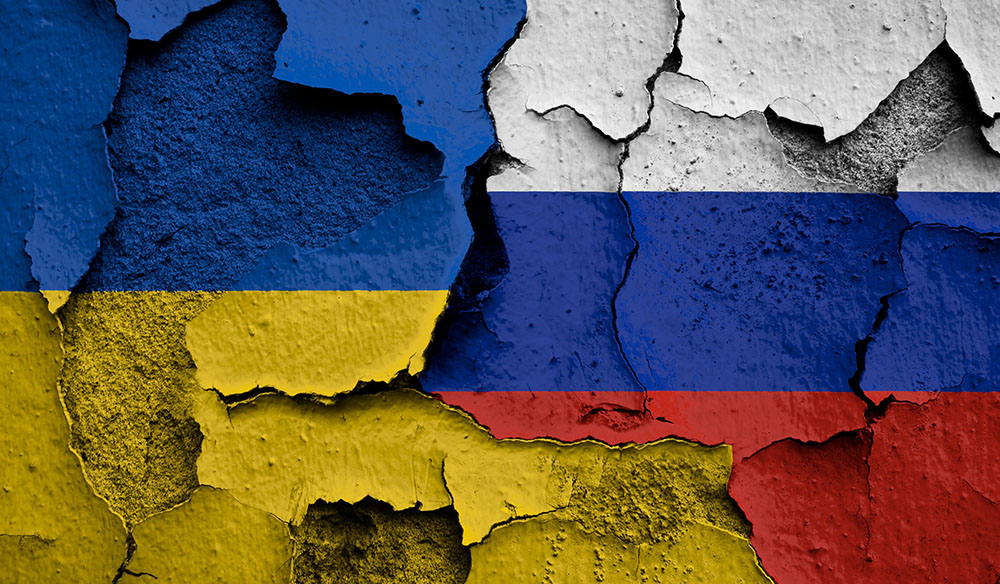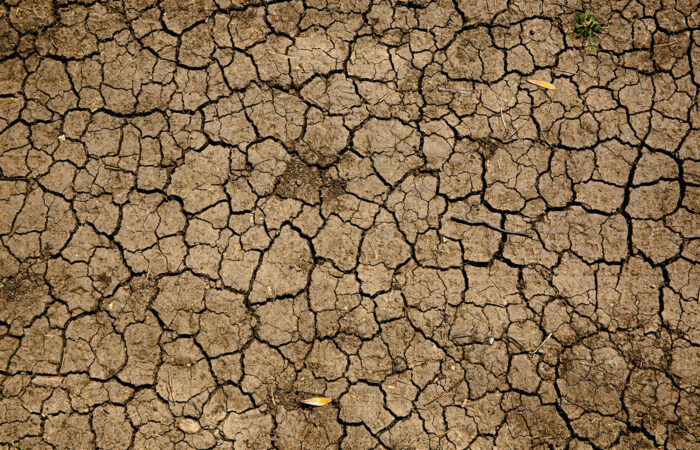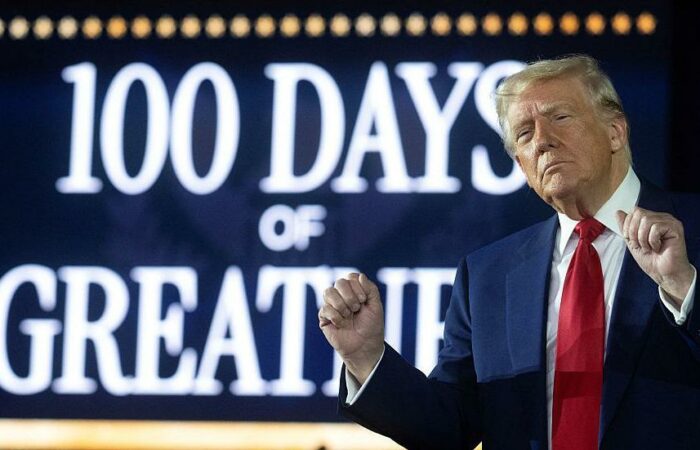Maria Demertzis*
When Russia first invaded Ukraine almost a year ago, many countries condemned the aggression and applied sanctions in an attempt to squash its economy and isolate it from global engagement. The expectation during the early days of the war was that the economy was going to contract by as much as 15%. Since then, those numbers have been heavily revised upwards and the latest forecasts by the IMF show a contraction as little as just over 2%, with moderate growth expected in 2023. In reality, many agree that the situation is not quite as rosy, particularly since data emerging from Russia is no longer reliable.
Nevertheless, the fact remains that Russian revenues have not been affected in a way that would have inhibited its activity to wage war. Three reasons explain that.
Russian energy exports remained for the most part unsanctioned. This is because the EU, the biggest energy importer for Russia, did not sanction Russian energy imports as it did not want to compromise its ability to meet its energy demands. In most of 2022 therefore, only about 8% of the export value of Russian energy was under sanctions, all of it by third countries. Given also the huge increases in energy prices, oil and gas revenues accounted for 45% of the Russian government budget.
Second, effective Russian economic policy prevented the economy from freefalling. The government provided support equivalent to 3% of GDP in the form of social benefits, tax breaks, subsidies for loans and by increasing the minimum wage. This is not dissimilar to the support given in EU countries to deal with the energy crisis. There was also an increase in government consumption to compensate for the big drop in investment and private consumption. At the same time, very swift and sizeable intervention by the Russian Central Bank stabilised the exchange rate (albeit at considerably lower trading volumes) and provided liquidity to the banking system. This prevented the economic crisis from turning into a financial crisis that would have put the economy into a self-fulling negative spiral. All in all, these measures managed to protect per-capita income and prevent poverty rates from increasing.
The third reason is because a big part of the world does not condemn Russia for its aggression against Ukraine. 59% of the world’s total population is either neutral or endorses Russian aggression. This is of great significance because it indicates that many countries are not necessarily willing to isolate Russia by helping to enforce sanctions and stop economic ties with Russia.
The future will however be different. An important change that will make a difference to Russian revenues is that the EU has now imposed oil sanctions. This means that 40% of the export value of Russian energy will be under sanctions in 2023. The EU still has not sanctioned gas, but the quantities it imports from Russia have dropped significantly. In the first few weeks of 2023, the EU imported about 20% of what it imported in 2022. Other countries, particularly India, Turkey and China, have stepped in to buy Russian energy. However, they have not managed to replace in full the quantities sold to the EU.
While still elevated, prices will also be lower than last year given policy measures put in place and alternative sources found. Furthermore, third-country buyers of Russian energy pay much less than what the EU ever paid. Smaller quantities which are sold at lower prices imply that Russian revenues will be much reduced this year.
Two important ongoing structural changes also mean that what appears to be resilience in the Russian economy is artificial and non-sustainable. Upwards of 80% of US and EU multinationals have either left or suspended activities in Russia. Restarting will not be possible without a clear change of political climate and is certainly not possible for as long as sanctions are in place. The US and EU will not reverse their sanctions policies easily. But perhaps the most important change is that by exposing the EU’s dependence on fossil fuels so blatantly, Russian aggression has accelerated the energy transition, and not just in the EU. The Russian economic model is totally dependent on an industry that will become extinct. There are no signs that Russia is thinking about what its economy should look like the day after.
*Maria Demertzis is a Senior fellow at Bruegel and part-time Professor of Economic Policy at the School of Transnational Governance at the European University Institute in Florence. The article is published by Bruegel and is also posted on the blog of the Cyprus Economic Society




